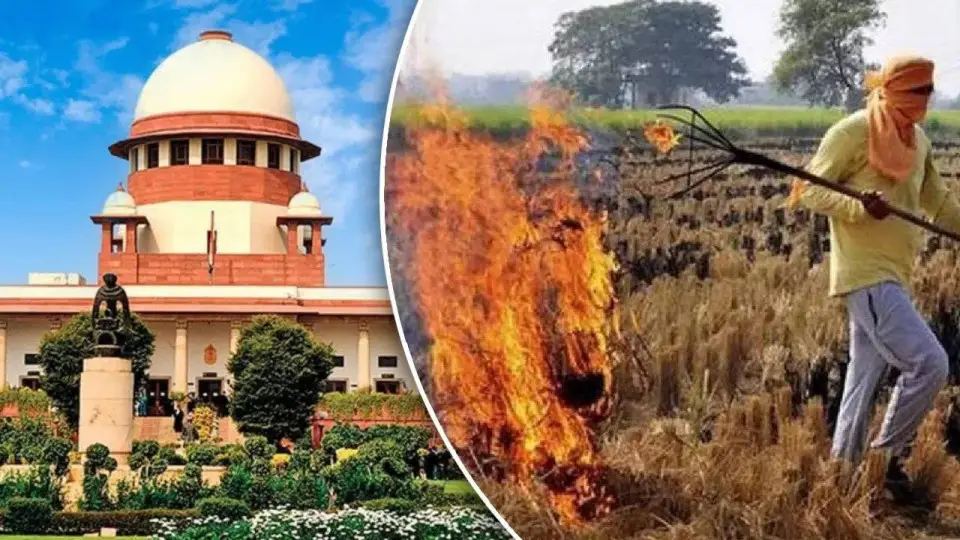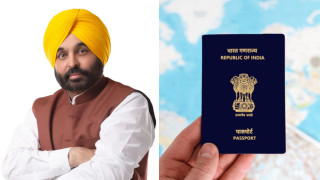
Supreme Court Warns Jail
National News: Expressing concern during a hearing on petitions related to air pollution in Delhi-NCR, the Supreme Court stated that strict action is necessary to address the problem of stubble burning. During the hearing, the court stated that sending some farmers to jail would send a clear message to other farmers that negligence will no longer be tolerated.
Senior lawyer Rahul Mehra pointed out that many farmers had been arrested before, but most were small farmers. Some own very little land, and if they are sent to jail, what will happen to their families? The CJI responded that the court is not talking about routine arrests, but only wants to send a strong message to reduce stubble burning and to fear jail for those who do so. He added that if protecting the environment is our priority, why shy away from punitive action?
During the hearing, the CJI also stated that stubble can be used as biofuel. Referring to newspaper reports, he said this doesn't require a lengthy process. Respecting farmers is essential because their hard work feeds the nation's people, but protecting the environment is equally important.
Amicus Curiae Aparajita Singh told the court that the central government has provided equipment and subsidies to farmers, providing up to 80 percent subsidy to corporations and 50 percent subsidy to individual farmers, but the problem of stubble burning persists.
The CJI stated that if a decision is not taken soon, the Supreme Court will issue its own order. ASG Bhati requested the court to hear the matter next week after a status report is presented. The court agreed. The Supreme Court also noted that several orders have been issued since 2018, but the problem remains the same.













Copyright © 2025 Top Indian News
